THE withdrawal of top American gymnast, Simone Biles, from the gymnastics team competition in Tokyo is the latest high-profile reminder of the place of mental wellbeing in the scheme of health priorities of some otherwise strong-looking people.
Biles, a serial gold medalist, has received commendations from some quarters, much as tennis sage, Naomi Osaka, who, for the same reason of mental health, pulled out of the French Open in April. Biles’ case and those of others like Rafael Nadal, who did not even come to Tokyo at all, are also grim reminders of how COVID-19 is impacting mental health of not only sports people, but also of billions of others around the world. However, looking at many comments from places outside the hottest zones of COVID-19, there have been queries, perhaps outrage, as to why Biles chose to care about ‘an obscure’ mental health over beckoning four Olympic gold medals, more than what the whole of Africa had garnered in Tokyo at the time of Biles’ decision to withdraw from team competition. Mental health?
Join our WhatsApp ChannelWriting with the headline ‘How depression has never been an African disease,’ a writer in a Kenyan newspaper reacted in purported surprise that an American movie star, Robin Williams, had committed suicide following bouts of depression. And so, humour writer, Ted Malanda, author of the story, wondered how depression, with no linguistic equivalent in any African Language, could be an issue for any country in the face of direr challenges of insecurity, inequality, hunger, political instability, illiteracy, violence and poverty.
Malanda’s comments seemed to summarise the perception of mental health in much of Africa, where conditions like depression and drug abuse are seen as spiritual, self-inflicted and unclear diseases that require other than socially planned medical solutions. This perception seems to affect governments’ outlook on mental health, and blurs an otherwise clear link between mental wellbeing and what is perceived as the real problems of Africa. Because people appear in public arrayed in fine apparels, many think they are just fine. But, does any African language have a rendering of mental health or has a linguistic lack beclouded our ability to see mental disorder in almost every quarter in Africa?
The nation-wide protests that rocked Nigeria in early October 2020 may have been directly a result of police brutality, but the way many protesters conducted themselves showed a society that cares little about mental health among the populations. It was much the same in mid-July when South Africans took to the streets to protest the arrest and jailing of former President Jacob Zuma, and protesters veered off into wanton looting of stores and callous destruction of property.
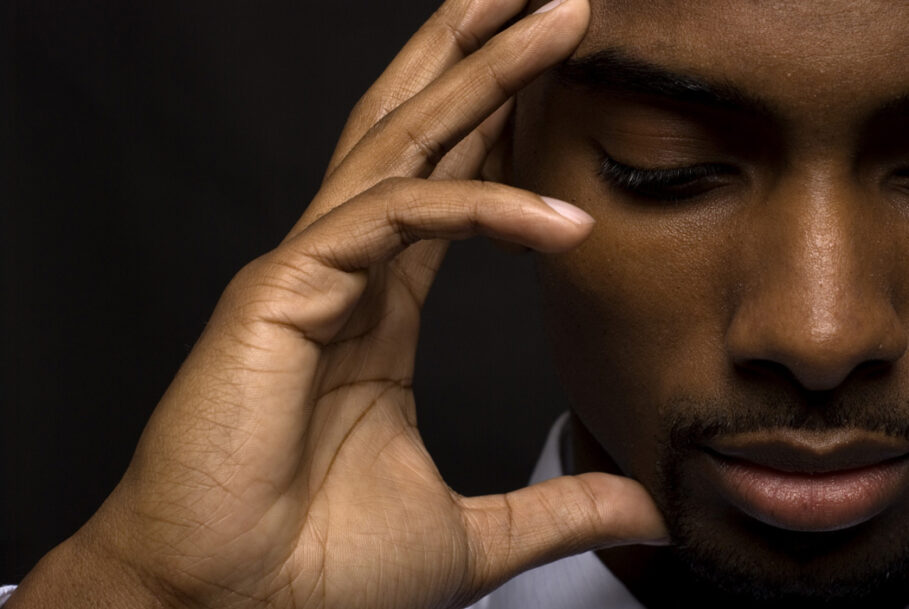
On July 26, a nine-year old girl was caught on CCTV while she set a supermarket ablaze in Abuja, Nigeria’s capital, destroying goods worth more than $100 million. The emptiness of her testimonies may be a pointer to a mental disorder shrouded by her appearance. This again explains the following shocking mental health records.
Going by WHO estimates, very few African countries have more than one mental health expert per 500,000 people, yet more than a quarter of every African country have mental illnesses and psychotic disorders ranging from schizophrenia, drug abuse, chronic anxiety, and depression. Very few African countries including Nigeria, South Africa, Kenya, Ghana, Liberia, Zimbabwe, Zambia, etc., have more than 25 psychiatric hospitals, more than 1 hospital bed for 2000 mentally ill people, and more than 1% of annual budgets devoted to mental health (against 6-12% in Europe and north America). The meagre budgetary allocation is accessible to fewer than an average 15% of people with mental diseases who are concentrated in the urban areas. In population hotspots like Nigeria, with over 55 million mentally ill patients, only about 10% have access to medical services, with fewer than 140 psychiatrists, giving a ratio of less than 1 psychiatrist to over 425, 000 mentally ill Nigerians.
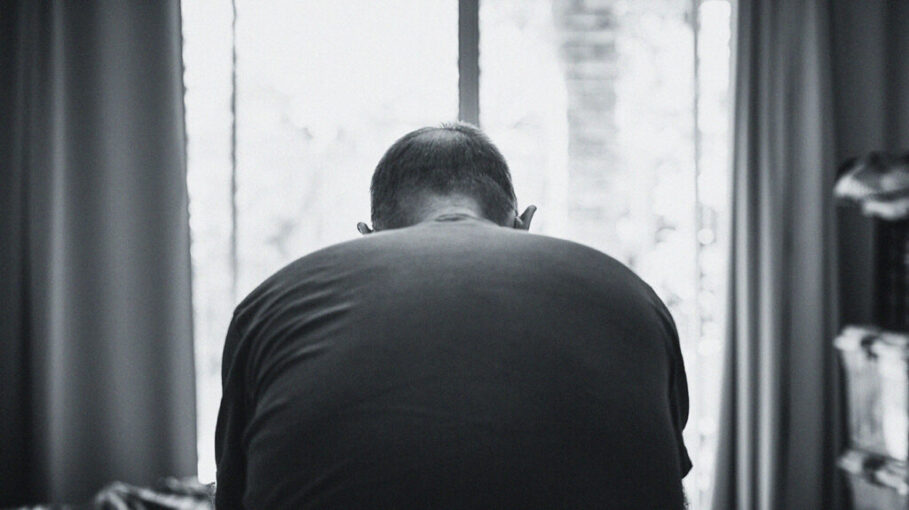
Everywhere in Africa, experts have made a direct connection between mental health and social problems such as unemployment, political instability, inequality, social unrest, wars, conflicts and ethnic crises. The pressures, frustrations, stress and traumas that come from these problems often force many, especially the youth, into drug abuse, social deviance, and political thuggery. At the worst end of mental illness, patients live in dehumanizing conditions, dejected as criminals and outcasts. Itinerant ones are treated as outright mad or social miscreants; many are locked away in mental homes, which serve as dignified prisons to clear the streets of nuisance.
Unfortunately, researchers have found that the continued neglect of mental health for the populations can have severe outcomes for many socio-economic goals. In other words, mental disorders are potentially a strong source of socio-economic problems, which unfortunately are hardly connected with mental problems in the scheme of Africa’s problems. People with mental disorders are more likely to be poor, social deviants, violent, school dropouts, poor adherers to health promoting measures, which can increase susceptibility to other diseases and infections such as HIV/AIDS, malaria, COVID-19, etc.
Estimates point to economic losses of up to tens of billions of dollars in treatment costs, productivity losses, single parent families, orphaned and abused children, birth disorders in children of drug of addicts, public safety risks, accidents and incarceration of drug addicts. Drug addiction have a direct connection with drug trafficking, a trillion-dollar business which have led to drug wars, high-corruption cases involving government officials and fake and adulterated drugs. Nigeria is a textbook case in untold losses from drug war and political corruption.
COVID-19, particularly, rang the alarm bells that strategy must change for social engagements in work places, learning institutions and homes. Studies have shown that gender-based violence and mental disorders rose to record highs as a result of COVID conditions. Without planning and infrastructural readiness of any sort, more than 95% of learning institutions, especially government-owned, remained unproductive for over one year due to non-existent online means to continue learning. The pressure to close the gap in the academic calendar in Nigerian schools, for instance, is worsening the mental health scenario, where at least 15 cases of suicides have been reported across universities in Nigeria in just four months. Recent estimates show that African countries account for half of top 30 countries with the highest suicide rates per 100, 000 people.
We, at Prime Business Africa, believe that, in line with the view of top economist and Nobel prize winner, Angus Deaton, Africa had better see the original connection between wealth and health. Countries must seek an escape route from backwardness by addressing mental health, which has become pivotal in the cycle of poverty and socio-economic maladies in Africa. Much more needs to happen within African countries to address the rural-urban gulf in attention to mental health. This is a way to handle the sources of inequality spoken of by Deaton.
A WHO survey conducted a year ago in July-August 2020 showed that critical funding gaps created by COVID-19 are disrupting mental healthcare services in 28 African countries. The same pandemic is itself also heightening the demand for mental healthcare as a result of traumas and high stress levels induced by fear, uncertainty, isolation, stigmatisation, COVID-related deaths. Dr Matshidiso Moeti, WHO Regional Director for Africa warns that COVID-19 is giving a more urgent character to a mental health crisis that had been brewing in Africa. Yet, recent studies report that the impact of COVID-19 on mental health remains grossly under-researched. Researchers also warn that mental disorders seen during the Ebola outbreak might be surpassed during COVID-19. Researchers B. Semo and S. Frissa report that “in a survey carried out in Sierra Leone among a nationally representative sample of the population, 48% of participants reported at least one symptom of anxiety or depression and 76% reported post-traumatic stress disorders symptoms a year into the epidemic.”
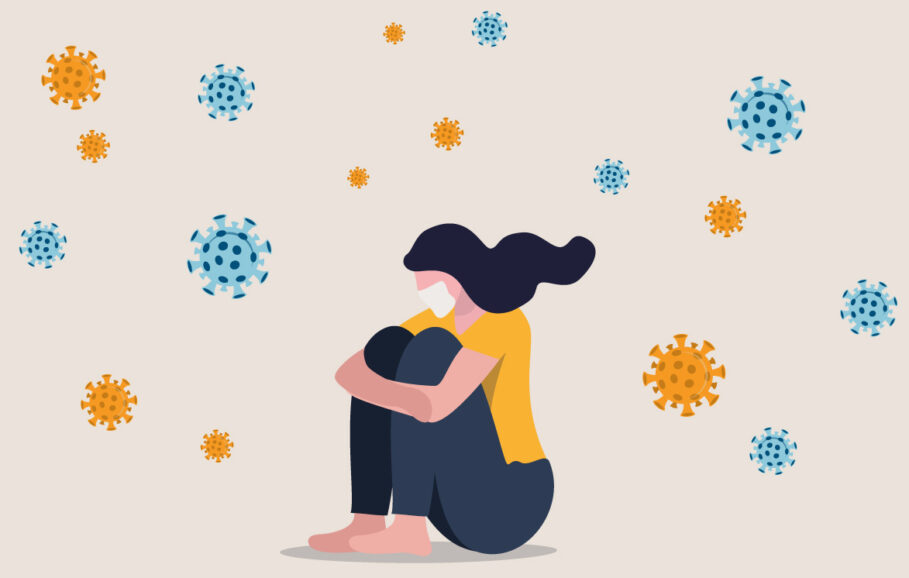
If for no other reason, African states can take a cue from the recognition given to mental health in September 2015 by the UN General Assembly as a global health priority. We see an obvious implication to perception of mental health in Africa beginning from budgeting, infrastructure and training of mental health workers. Some of the strategies being used in countries like India include a system of peer support for mentally-ill people, infrastructure for psychological screening at schools, some of which have seen record cases of suicides recently, tying investments to those treated of depression and other psychotic disorders as a way to more directly measure investment in treatments. Some WHO estimates show that, for every dollar put into “depression, anxiety disorders and schizophrenia treatments over a 10-year period yielded a return of about $7.4, $4.9 and $1.7 in returns respectively to society.”
Budgets within schools, workplaces and city planning must factor in mental health using expert inputs in areas like curriculum, working from home and sundry palliatives for citizens. National surveys on mental health have been recommended by some experts, following which should be more attractive courses and (short term skill) programme sponsorships in mental health, which must include the use of new ICTs in mental healthcare delivery. Any such plans should consider the rural areas as well as extension of medical insurance to cover mental health.
It’s high time we spoke the language of mental health in Africa, or we soon all wake up to a totally deranged society.
The reasoning quotient of contemporary average African youth is a lesson in looming mental time bomb.
Do you have any comments on this and other matters? Please send an email to editor@primebusiness.africa

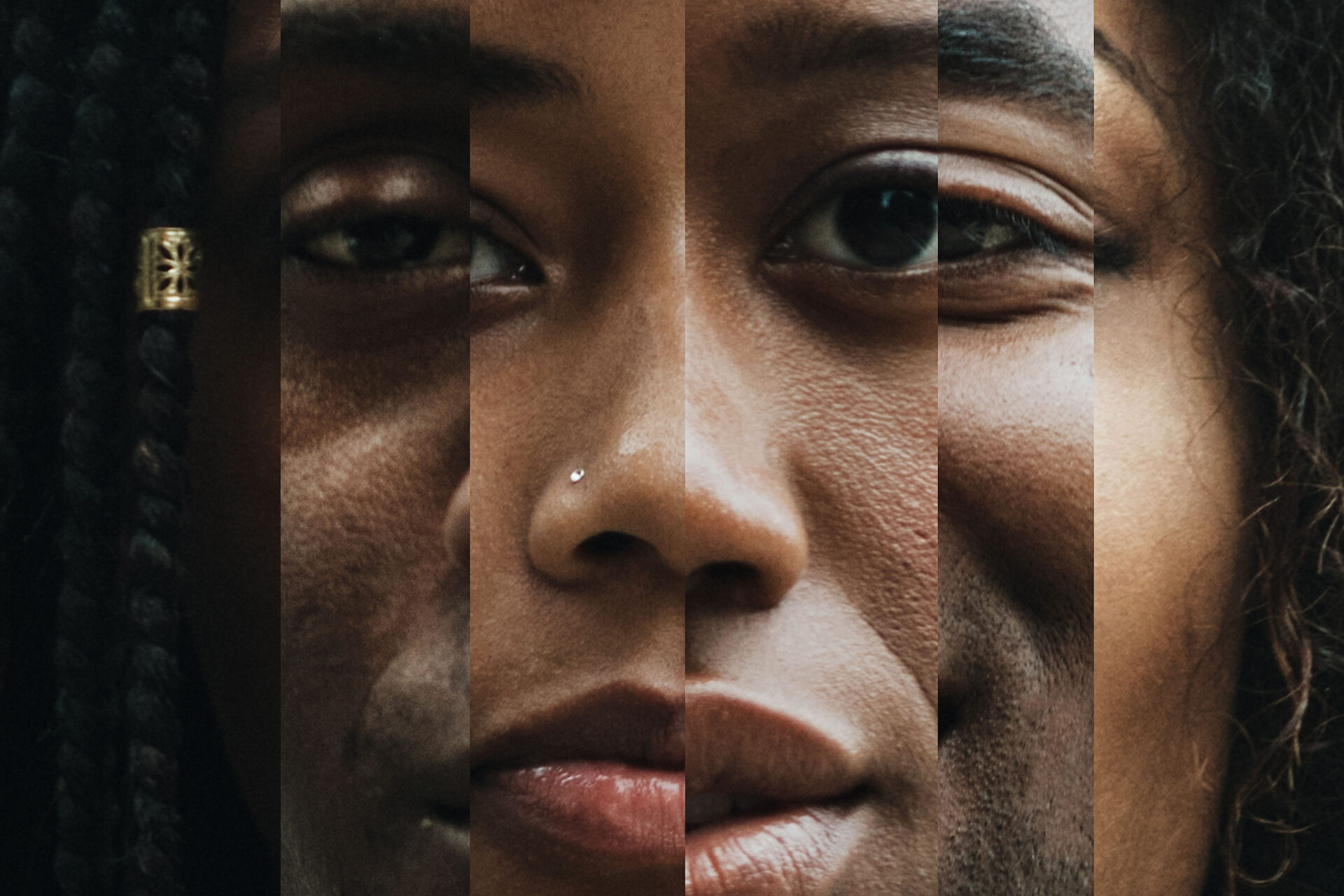





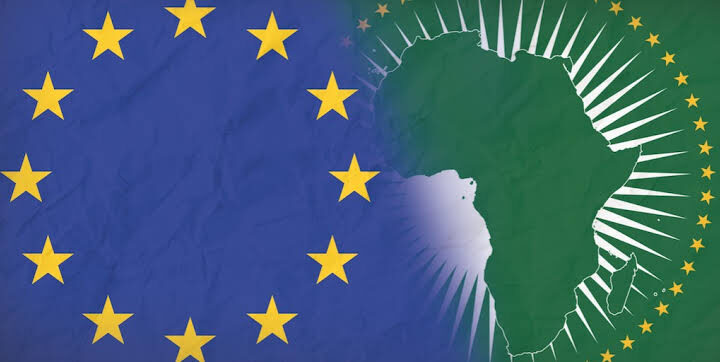








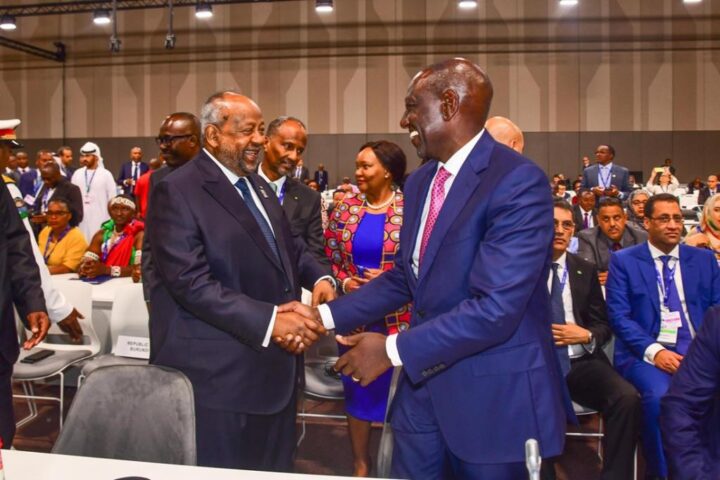
![Gender Activism An Economic Necessity In Africa [PBA Editorial]](https://www.primebusiness.africa/wp-content/uploads/2023/11/vaw-720x480.png)

Follow Us